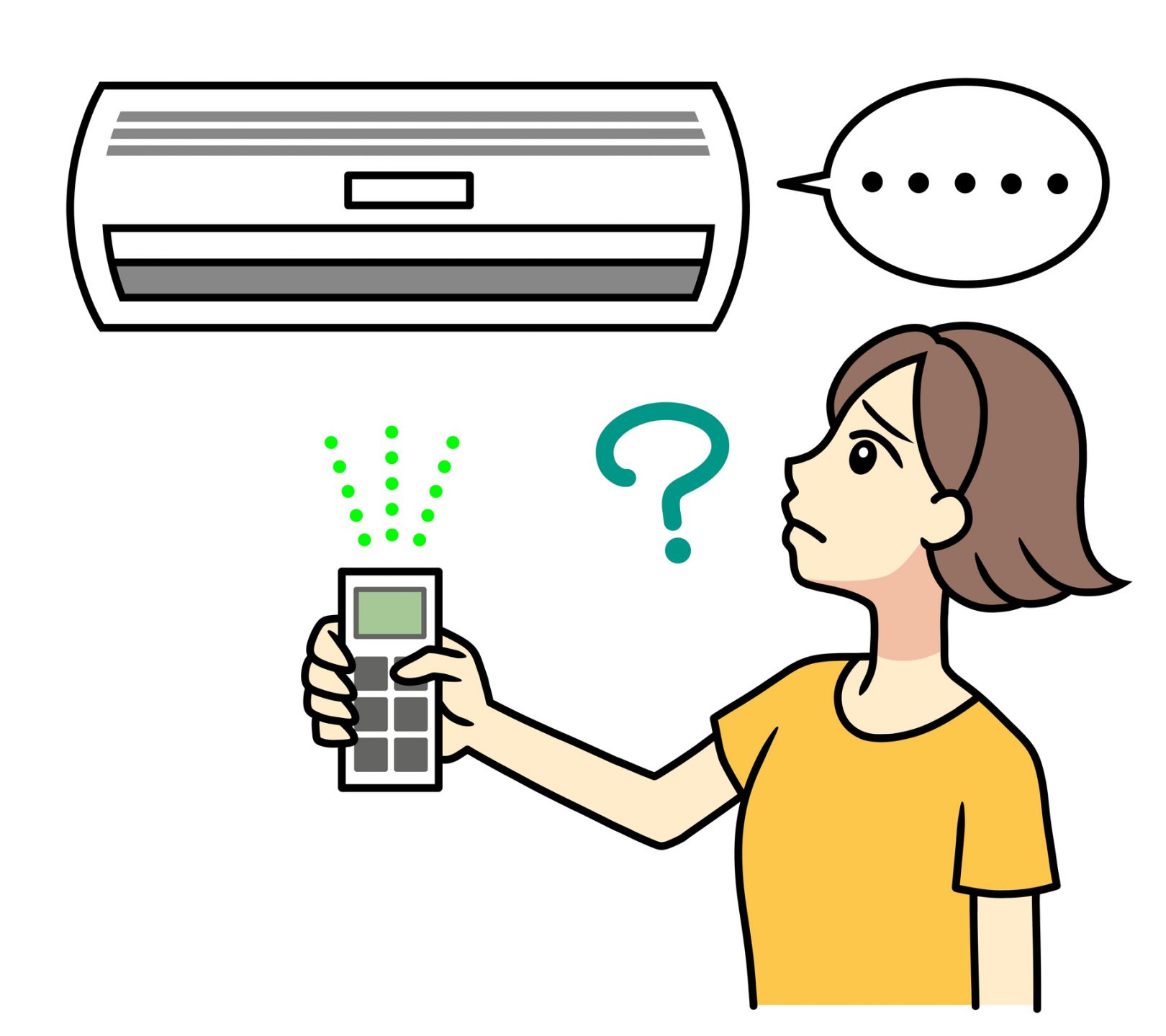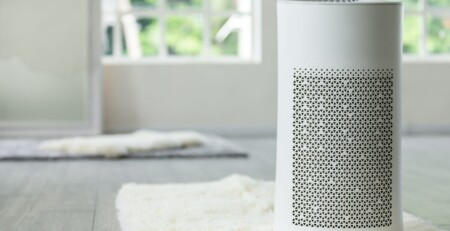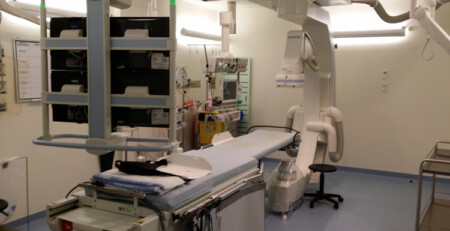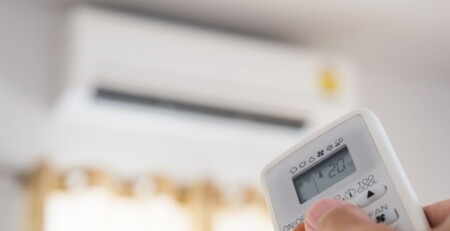Can the air con make you sick? How often should you change the filter? We answer your commercial HVAC questions
Noticed you’ve been feeling a little headachy while at work? And, come to think of it, that musty old smell permeating the air surely isn’t good for you, right? If you’re wondering how much the air conditioner has to do with the way you feel, or you’re not sold on the importance of air conditioning maintenance, we’ve got you covered.
We answer the most common Heating, Ventilation, and Air Conditioning (HVAC) questions we get asked.
What’s that smell coming from the AC?
Any odour from a commercial HVAC system is a sign that a significant problem is looming. A commercial air conditioning specialist can decipher the cause of the smell and rule out serious hazards like leaks or an overheating system.
Musty smelling mould is the most common reported air conditioner odour. Some have likened the unpleasant smell to the stench of damp carpet. It’s an indication that bacteria are breeding and the air filters need cleaning. The solution? Regular maintenance. Not only will a professional clean the evaporator coils, replace air filters and treat drain lines, ongoing maintenance will also prolong the life of your system and ensure it runs efficiently.
Keep reading to find out how the presence of mould and bacteria can impact your health.
Can the air conditioner spread the flu?
If you’ve been feeling unwell at work, you could have good reason to point the finger at the air conditioner.
HVAC filters are designed to trap pollutants we can’t see: things like dust, pollen, bacteria and other virus particles. If the filters are not regularly cleaned or replaced, these microorganisms go airborne, exposing you to germs and viruses.
They can cause drowsiness and headaches, irritate the respiratory tract and aggravate conditions like asthma.
How often should air conditioning filters be changed?
Air conditioning filters trap and hold all those nasty impurities in the air so cleaning and replacing them often is crucial to maintaining good hygiene and proper airflow. Clogged filters impact the quality of indoor air we breathe, they can increase the energy usage (and your bill) and can also damage your HVAC system.
Generally, it’s advised to inspect commercial filters monthly, and clean them every three months to maintain peak efficiency. A good rule of thumb is to replace filters early rather than late.
Do HVACs run out of refrigerant?
Air conditioners use refrigerant to cool. And if your HVAC is an older model, it probably uses R22 refrigerant gas which is being phased out in Australia because of its impact on the ozone layer.
If you have one of these models, speak to a HVAC technician about replacing the refrigerant with a natural alternative that is more energy efficient and poses no impact on climate change.
A regular maintenance program is designed to assess systems for refrigerant leaks and replace refrigerant if needed.
How long should my HVAC system last?
A well maintained commercial HVAC system can last up to 20 years. But that does depend on several factors such as regular servicing and maintenance (and changing filters), weather conditions, and the quality of the system.
If your system is not producing consistent hot or cool temperatures, is making strange sounds or smells, the energy bills are suddenly spiking or it’s frequently requiring repairs, it’s time for a replacement.
And while the saying goes ‘If it ain’t broke, don’t fix it’, there are some good reasons to consider an upgrade – like the significant energy savings you can expect from an energy efficient system.
A final word…
The importance of preventative maintenance cannot be understated in optimising your HVAC’s performance and prolonging the life of your system. Regular commercial air conditioning maintenance prevents breakdowns and malfunctions that can lead to costly repairs. If you have a question we haven’t covered, get in touch. We’d be happy to answer it.











